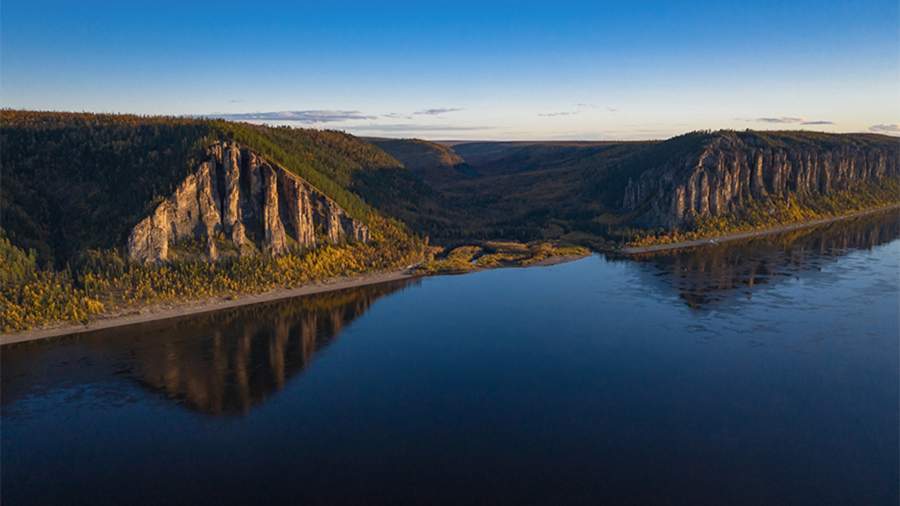July 2 — Lena River Day: the history and traditions of the ecological holiday

Lena River Day is celebrated annually in Russia on July 2. It is a significant ecological holiday dedicated to the preservation of the natural wealth of one of the largest waterways in Siberia. In 2025, the date falls on Wednesday. Read about its history, traditions and significance in the Izvestia article.
Lena River Day – 2025: the history of the holiday
Lena River Day was officially established on July 2, 2013 by decree of the head of the Republic of Sakha (Yakutia). Its purpose is to draw public attention to the preservation of the unique ecosystem of the largest Siberian river.
The date of the holiday was not chosen by chance — on July 2, sustainable navigation is established in the region, and the river itself becomes a space of active ecological and cultural life.
Lena is one of the unique natural sites in Russia, both in terms of hydrographic characteristics and its strategic importance for the economy, ecology and cultural identity of Eastern Siberia. Its length is about 4.4 thousand km (for comparison, the longest river on the planet, the Nile, this figure is about 6.65 thousand km).
Lena is the most important transport artery for the Arctic territories of Yakutia. Navigation on it is possible for more than 3.5 thousand km. In conditions where other transport routes are unavailable, the river becomes a link between remote settlements and industrial centers. Cargo transportation, delivery of fuel, food, and construction materials are all provided by river navigation during the short summer season.
Lena is a cultural symbol of Yakutia. Ancient settlements developed along its shores, traditions of the peoples of the North were formed, and today key cities, including Yakutsk, are located. It is believed that the name of the river goes back to the Evenk "Yelyene", which means "big river". This is not only a geographical object, but also a cultural dominant — Lena is sung in Yakut legends, folk songs, and poetic lines.
Lena River Day celebration traditions
The main festive events dedicated to Lena River Day are held in the Republic of Sakha (Yakutia). They are aimed at preserving nature and developing a patriotic attitude towards the native land. On this day, environmental actions, mass clean-up days, thematic exhibitions and open educational lectures are organized in the region.
One of the landmark events is the action of the Lena Pillars Nature Park called "White Boats". It reminds of the fragility of the river's ecosystem and the need to take care of its resources. Concerts, theatrical performances, environmental quizzes and flash mobs are taking place in Lensk, Yakutsk and other cities on July 2.
Schools, cultural institutions, scientific centers and environmental organizations are joining the celebration. Themed excursions are available, including river cruises to Lena Pillars. An important place is occupied by information campaigns, through which people learn about the problems of environmental pollution and the dangerous consequences of permafrost melting.
Interesting facts about Lena River
In honor of the holiday, Izvestia collected some interesting facts about the Lena River.
Lena is the largest river flowing in the permafrost region, where the soil never completely thaws. This creates unique natural conditions in which even a slight increase in temperature provokes the melting of long-term ice, coastal erosion and the collapse of ice massifs that change the riverbed.
Lena also has a huge water potential. Every year, it carries more than 500 cubic kilometers of fresh water and tens of millions of tons of precipitation into the Laptev Sea, which has a direct impact on the state of the Arctic seas and global climate processes.
There is not a single dam along the entire length of the river, which makes it one of the most unpolluted water sources on the planet. Its waters are so pure that in some places they are suitable for drinking without pretreatment. Due to this, Lena's basin is home to many rare species of fish and animals.
Unique natural formations — Lena Pillars — have become the hallmark of the region, they are included in the UNESCO World Heritage List.
Earlier, Izvestia told about the history and traditions of celebrating Shipbuilder's Day in Russia.
Переведено сервисом «Яндекс Переводчик»


